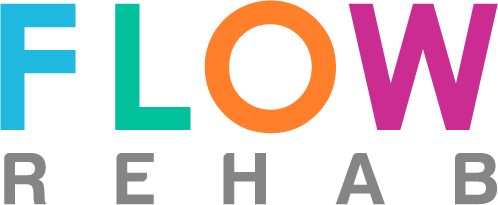Kids today are very constipated, and there are many thoughts about why. Kids in the US are in general less active, tend to eat more processed food, and drink less water. When older children and young adolescents attending school are asked about bathroom access, they describe some environments as feeling less than safe, not very clean, or complain that they are not allowed to go to the bathroom when needed. Kids who are constipated oftentimes have bladder leakage including night time bedwetting, so the first rule of care is to treat the constipation. (Interestingly, even kids who seem to have a bowel movement each day can be significantly constipated.) Aside from the reasons kids are constipated or are leaking, we must help address these issues in childhood so that they don’t grow up to be adults with significant bowel and bladder dysfunction. Most people don’t know that physical therapy can help address bowel and bladder dysfunction in kids and adolescents. While this is often not a quick fix, here are some of the ways that rehabilitation can offer support and a pathway to overcoming these challenging issues.
Educate about how the body works
Bowel and bladder health are not usually explained to us growing up, and there is a lot of shame associated with our pelvic functions. Understanding how bowel and bladder function works is the first step in helping to overcome dysfunction. This is true no matter the age of our patients! We use books, stuffed models, pictures, and developmentally appropriate explanations of how bowel and bladder function works.
Investigate current strategies
With non-invasive tools such as surface emg biofeedback and observation of pelvic muscle coordination, we can help a person understand if they are tightening when the body needs to be gently bearing down to empty the bowels, or relax to empty the bladder. These evaluation tools often provide an “aha” moment for patients, parents and caregivers as they can see in real time what is going on with the muscle use patterns.
Teach home program
Home program activities need to be useful and simple in order to be incorporated into an already busy day. We love to teach kids and adolescents what they can do on their own, and provide parents and caregivers with the tools they need to assist with activities such as belly massage, stretching, breathing, and toileting habit re-training. It’s surprising how many people have dietary sensitivities or habits that influence the bowels and bladder, or how changing up a scheduled toileting time can improve symptoms.
Improve the body’s ability to have and listen to urges
Many of us have heard of the kids who are “too busy” to stop and use the toilet. Another piece of this puzzle is that the body can actually stop providing good urges and sensations that are recognized and then managed. With bowel and bladder retraining, we look for these urges (and the ability to “tune in” to these urges) to improve. Education for teachers, caregivers, parents, and the patient are also a part of the process.
Coordinate care with medical providers
Bowel “clean outs” and imaging studies, bladder function testing can be an important part of managing pelvic health, and this requires positive working relationships with medical providers. Physical therapists are accustomed to sending reports, making phone calls, or sending messages to providers to coordinate care. Kids with more intensive medical histories may require even more frequent coordination and follow-up. Therapists who work in pediatric pelvic health have completed specialized training to best understand when a visit to the medical provider is needed.
Bring some peace of mind to families
Bowel “holding” or bladder leakage can appear to be something that a child is using to manipulate parents and caregivers. While sometimes this is true, most often, it is only a small part of the story. If a person learns how to support their own system well (stay hydrated, avoid drinking right before bed, learn to “listen” to body urges) then any level of success can feel like a reprieve. Families are incredibly frustrated by these issues, which can further the tension in the family system around bathroom habits.
At Flow Rehab, we enjoy the process of teaching how the body works and how to optimize its function. Every clinician at Flow has specialized training in pelvic floor function and dysfunction. Pelvic health needs to be a part of every person’s health, and the sooner we can address these issues, the better! Let us support you in our goal of having fewer adults who report bowel and bladder dysfunction “ever since they can remember.” Pelvic health is good health!


